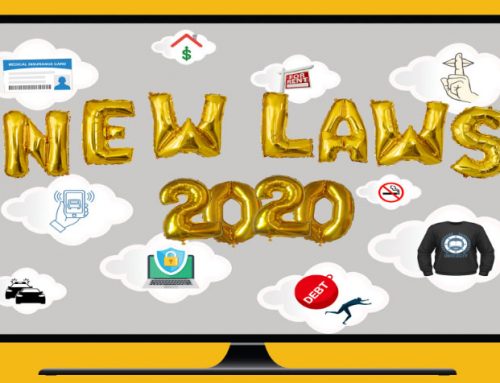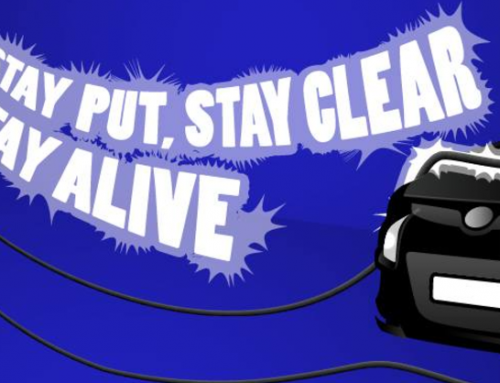 Hundreds of new laws went into effect in California in 2022, including a crack-down on illegal street racing and ensuring our livestock are humanely treated.
Hundreds of new laws went into effect in California in 2022, including a crack-down on illegal street racing and ensuring our livestock are humanely treated.
Here’s a summary of some of the most relevant:
I. Traffic Laws New for 2022
1) Sideshow Definition and Penalties:
The new law defines “sideshow” as an “event in which two or more persons block or impede traffic on a highway for the purpose of performing motor vehicle stunts….speed contests…exhibitions of speed, or reckless driving for spectators.” Penalties include a driver’s license suspension between 90 days and 6 months, which are effective July 1, 2025.
2) Safety Gear for Equestrian Riders:
Anyone over 18 years old who rides an equestrian animal on paved highways must wear an appropriate helmet. The new law also requires a person of any age to wear reflective gear if riding at night on paved highways. First-time violators- $25. Equestrian riders in parades or festivals are exempt from the helmet and gear provisions.
3) Tribal Emergency Vehicles:
Emergency vehicles operated on tribal lands need not be inspected by the CHP and the operators need not obtain DMV special licenses. The bill recognizes that tribes are sovereign and self-governing.
4) License Points for Distracted Drivers:
As of July 1st, a driver convicted of using a mobile phone without a hands-free device for a second time within a 36-month period will have a point added to their license.
II. Socially Aware Laws New for 2022
1) The “Bacon” Law:
Part 2 of the law passed in 2018, which provided for adequate space for egg-laying hens and calves intended to be sold for veal. This most recent part requires egg-laying hens be cage-free, and breeding pigs allotted adequate space.
2) Free Menstrual Products on Campus:
California public schools, including colleges, must provide free menstrual products to students stocked in restrooms from grades 6-12 and colleges.
3) Ethnic Studies:
Starting with the graduating class of 2024-25, students in the CSU system will be required to complete at least one ethnic studies course.
4) Gender Neutral Toy Sections:
Large department stores, of 500 or more employees, must provide a gender-neutral toy aisle in 2022.
5) Composting and Organics Recycling Law:
The bill calls for businesses to help reduce what’s called short-lived climate pollutants. The aim is to reduce the amount of organic trash that goes to landfills. The bill calls on both businesses and residents, and local jurisdictions are responsible for outreach and education.
6) Mental Health in Schools:
In middle and high schools that already have a health education course, part of the curriculum must now be dedicated to mental health. The aim is to teach both mental wellness in young people and to help them identify when they need to ask for help.
7) Minimum wage:
Rises to $15 per hour, the final step in a six-year process. Businesses with 25 or fewer workers will have an additional year to comply and must raise their minimum wage to $14 per hour.
III. Criminal Justice Summary
1) Condom removal without a sexual partner’s consent can be punished as sexual battery.
2) There is no longer a distinction for “spousal rape”, which will be punished the same as any rape conviction.
3) Previous limits on sexual assault or harassment charges while serving in the military have now been removed from California law.
4) Courts can now use state income tax records, along with voting and driver license registration, to call someone for jury duty.
5) Policing techniques that involve a serious risk of “positional asphyxia,” which compresses a person’s airway and threatens adequate breathing, are now illegal.
6) Officers must immediately report incidents of excessive force that they witness, and are subject to new requirements to intervene in those incidents.
IV. Miscellaneous
1) Cocktails To-Go:
Laws that went into effect during the pandemic that allowed businesses to sell to-go alcoholic drinks are here to stay.
2) Food Delivery Tips:
Tips via food delivery apps and services must go to the individual worker and not the service. It is also against the law to charge a customer a purchase price higher than what is listed on the website at the time of the order. If you order pick-up, the gratuity goes to the restaurant.



